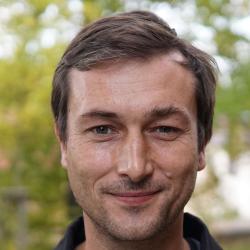The 16 World Conference on Earthquake Engineering will be held from 9-13 January, 2017, in Santiago de Chile. Note that the deadline for short abstracts submission is 23 November, 2015! Abstracts can be submitted via this link.
This meeting comes with a number of sessions which are interesting for earthquake geologists, paleoseismologists and those of us who deal with seismic hazard assessments. Among them:
- 14SS – Uncertainty in the Estimation of Earthquake Hazard
- 19SS – Earthquakes and cultural heritage buildings
- 26SS – Seismic hazard and risk assessment using the Global Earthquake Model tools, datasets and models
- 38SS – Surface faulting at structures’ foundations
- 86SS – Field Investigation and Analysis on Recent Destructive Earthquakes Including 2015 Nepal Earthquakes
- 98SS – Earthquake-induced landslides in natural slopes
Also, there will be sessions on shaking scenarios and tsunamis.
Our colleagues Alexander Strom, Jim McCalpin and Mikhail Temis will convene session 38SS – Surface faulting at structures’ foundations and invite you to submit an abstract:



No Comments
No comments yet.